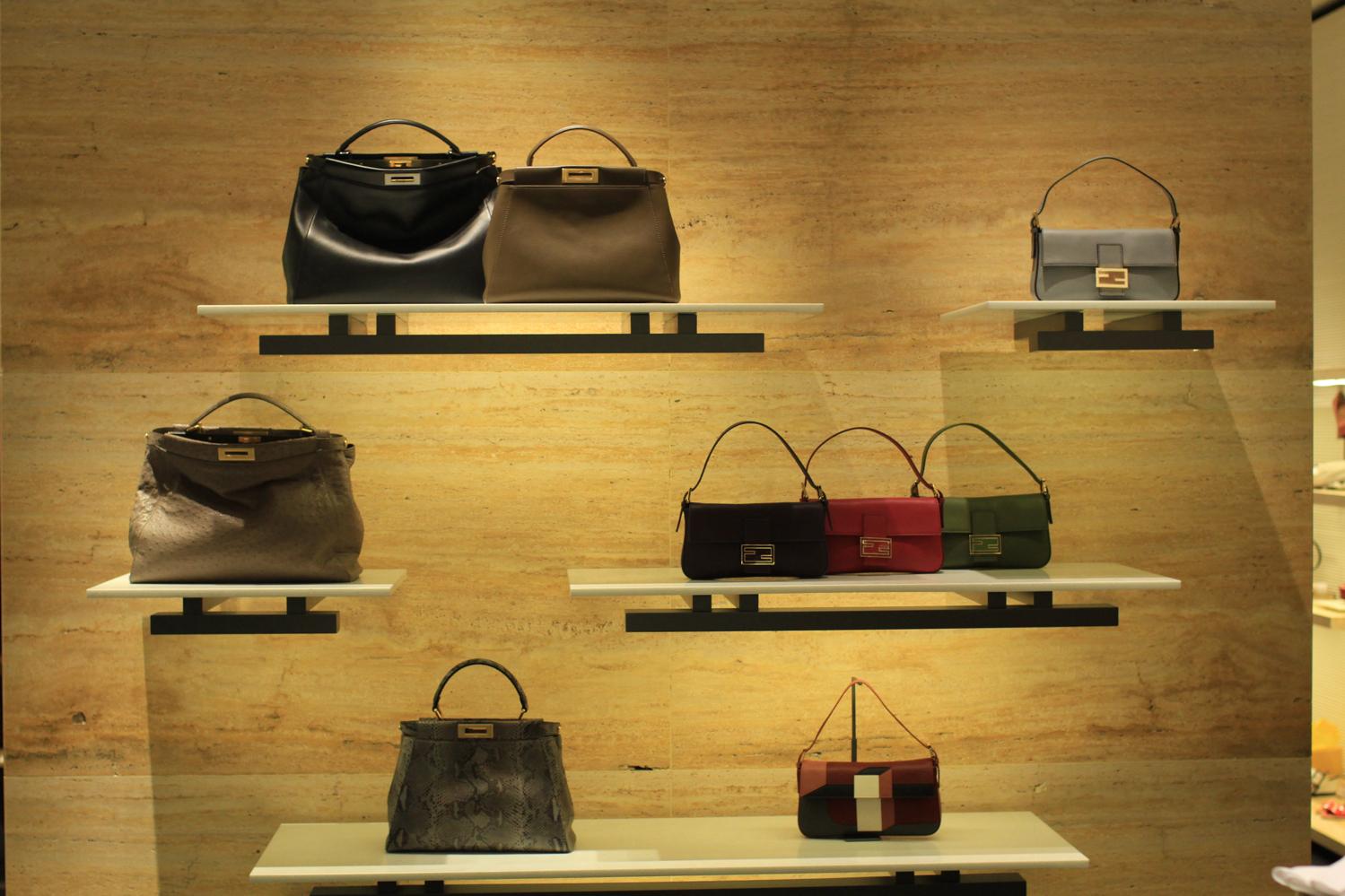
industry news
12 Dec 2013
Are You Ready for Higher Taxes on Luxury Goods?
As if times in this economy aren’t hard enough for everyone across the entire socio-economic spectrum, things are about to get rougher for trend-following fashionistas too: last week, Reuters reported that the Indonesian government was planning to increase taxes on imported luxury goods. The crux of the problem is a USD 6.5 billion trade deficit (we are importing more than we are exporting), so this policy will be implemented in an attempt to boost national exports while increasing tax revenues at the same time.
While what counts as “luxury goods” is not limited to luxury labels that are familiar within these Fashionese Daily walls (it also includes cars, mobile phones, electronic household goods, and more), Deputy Finance Minister Bambang Brodjonegoro said that “clothes and bags” will be the ones most affected by the new policy.
The current (read: old) taxes on luxury goods run between 10 to 75%, which makes our taxes on such items some 15-30% higher than what is applied in neighboring countries. I called up a few luxury fashion houses here in Jakarta to ask if their pricing policies were going to be affected by the increased levy: several houses readily said that prices of new collections have already been adjusted, but more so to fall in line with the strengthening US dollar.
It’s not yet clear just how hard the luxury fashion sector in Indonesia will be hit by this. On one hand, a weakening rupiah has dampened purchasing spirits — but then again, optimistic reports of a growing middle class keep cropping up left and right, encouraging businesses from countries like Singapore and New Zealand to take part in the economic playground here.
In terms of volume, the largest chunk of buying power obviously comes in the form of the burgeoning middle class.Casual fashion retailer, Minimal, announced last month that they would be moving their design team from Singapore to Jakarta, despite having been founded and operating out of Singapore since its inception.
Is curbing consumption of imported goods a good way of shoring up the deficit numbers? The final say is contingent on so many delicate factors: national infrastructure, next year’s presidential elections , the rise and fall of the rupiah, and more. So while the Indonesian economy is unpredictable, you can’t say we’re boring.
How much do you spend on luxury goods a year? Will the price hike affect your own spending habits?


